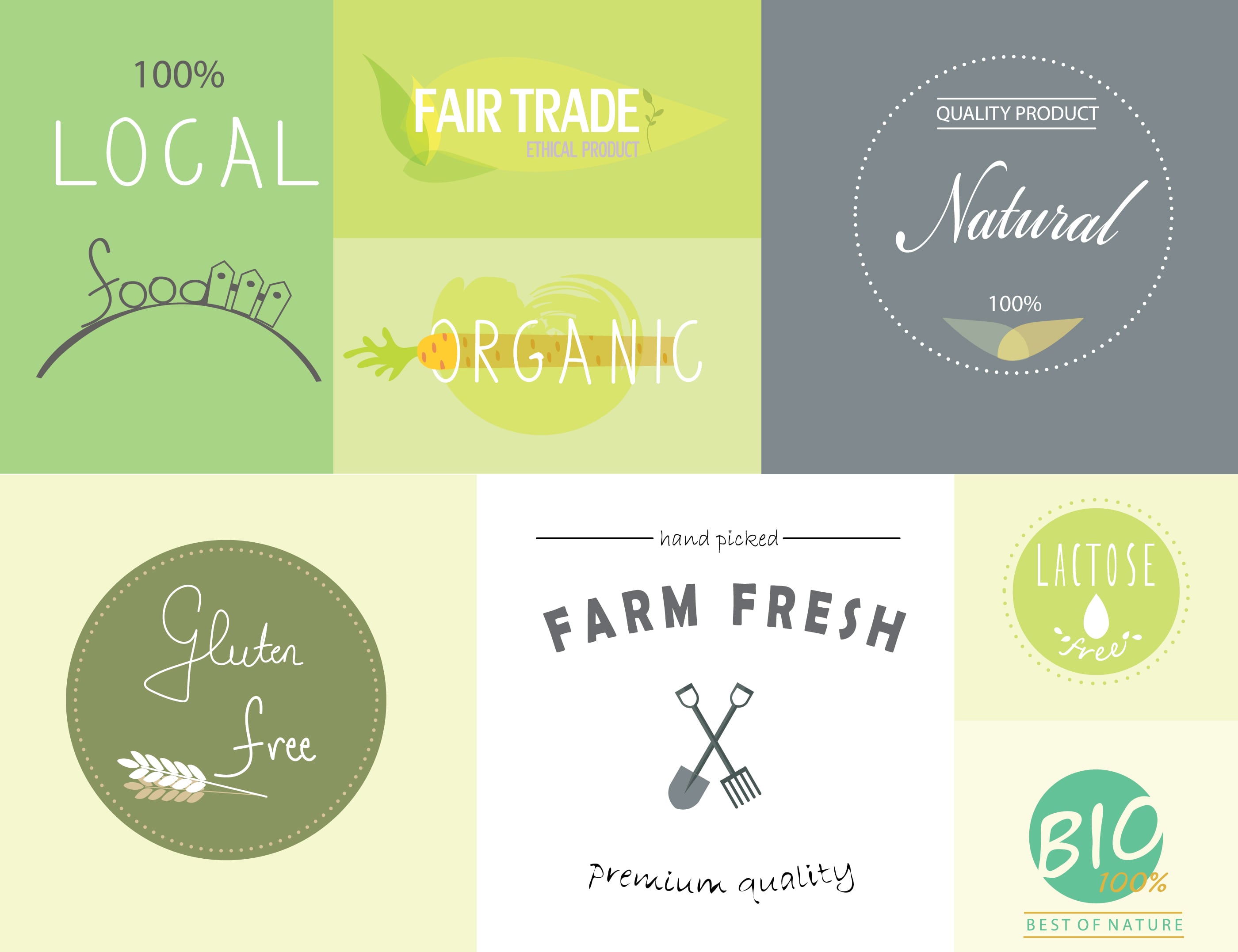The number of food products communicating ethical or sustainable standards is increasing. According to Ecovia Intelligence, over a quarter of all coffee and cocoa is now produced according to third party sustainability schemes.
Speaking at the recent Sustainable Foods Summit in Amsterdam, Ecovia founder Amarjit Sahota noted that organic is the dominant ethical label, with sales surpassing US$100bn (€90.2bn) in 2018.
However, there is a concern that this proliferation of the number of ethical labelling schemes could result in consumer confusion and, ultimately, dampen demand for ethical foods.
Indeed, according to the ISO’s Jenny Hillard, a lack of clarity is already evident in the market. “Research carried out over more than 10 years by the Consumer Policy Committee of ISO shows that this confusion already exists,” she told FoodNavigator.
The international standardisation organisation believes it has developed a solution. The NGO, which counts 164 national standards bodies among its membership, published its first ISO technical specification for such claims this week.
Aimed at producers, manufacturers, importers, and distributors, the guidance addresses claims that cover everything from animal welfare and local sourcing to fair trade and child labour.
“There are many kinds of ethical labels and labelling schemes, as well as variations in different countries and different ways of interpreting the information. ISO/TS 17033 is designed to draw together key elements from these schemes so that the information given in such claims is clear, well understood and reliable," Hillard explained.

'Be transparent, credible and easily understood’
Hillard, a co-convenor of the working group that developed the specification, suggested that it reflects a growing need for manufacturers to back up the ethical claims they make.
“There is a growing need for all manufacturers to back up their claims. For food manufacturers these claims are often seen by consumers as more important as food is a product that we must all purchase.
“Recently the environmental and ethical impacts of food production have been making headlines. It is critical that information provided is transparent, credible, easily understood and supported with accessible data,” she explained.
The code lays out basic principles that food makers should adhere to when making ethical claims. It covers topics such as ‘reliability’ and ‘transparency’ as well as ‘relevance’, ‘involvement of interested parties’ and ‘equity’.
Outlining the basic principles underpinning the document, Hillard advised: “Tell the truth and do not exaggerate. Decide what to claim and ensure that the consumer knows the boundaries of that claim - what is in and what is out.”
Hillard stressed that a disconnect between what consumers believe a company stands for and its actual principles can result in scandal.
Building credibility for SME claims
ISO believes its new guidance will make it easier for manufacturers to develop claims that are ‘transparent, credible and easily understood’ by crystalising the need to support ethical claims with evidence. Companies also been to be clear about what is – and what is not – covered by any claims made.
In particular, Hillard said the initiative aims to support SMEs who want to link their products to ethical claims.
“Participation in certification programmes, whether developed by NGOs or other bodies, is not free. In some cases, it is quite costly - both in money and time. The good programmes involve multi-stakeholder consultations, public reviews and third-party audits. There is a cost to this which is often beyond the reach of SMEs,” she observed.
“This standard should enable SMEs and others that cannot afford to participate in an existing scheme or programme to make a claim that consumers can still trust. It also provides a set of basic principles that any new scheme could benefit from following. Last, but not least, it is hoped that use of [the scheme] will enable consumers to have confidence in ethical claims when using these claims to assist with their purchasing choices.”



